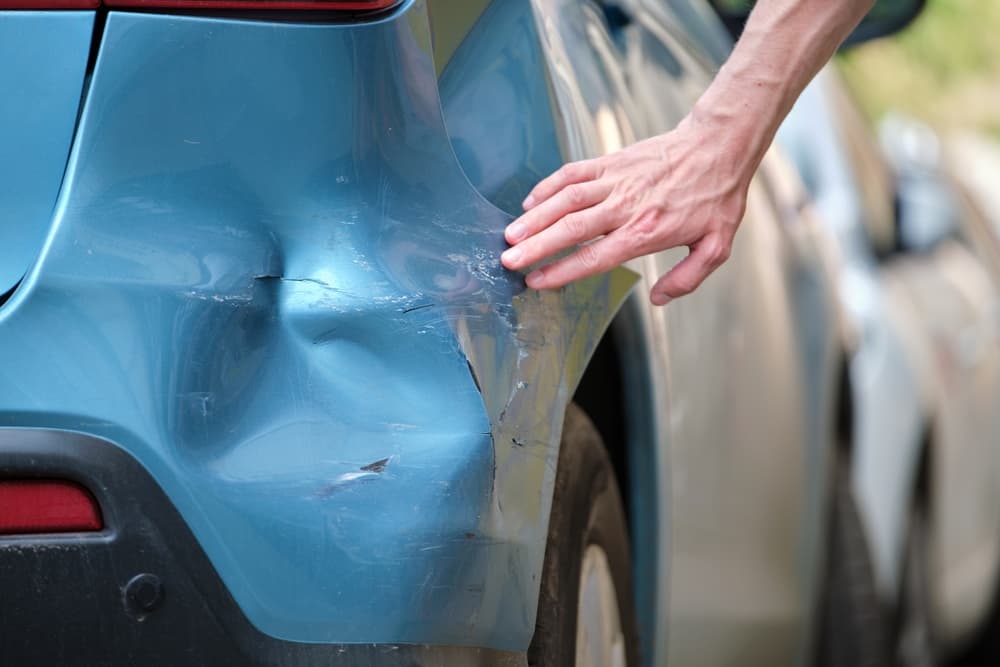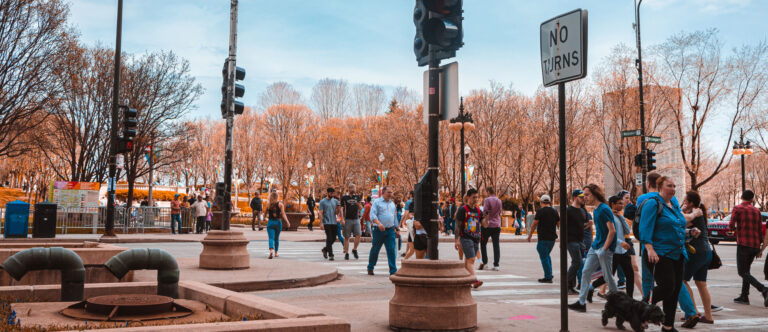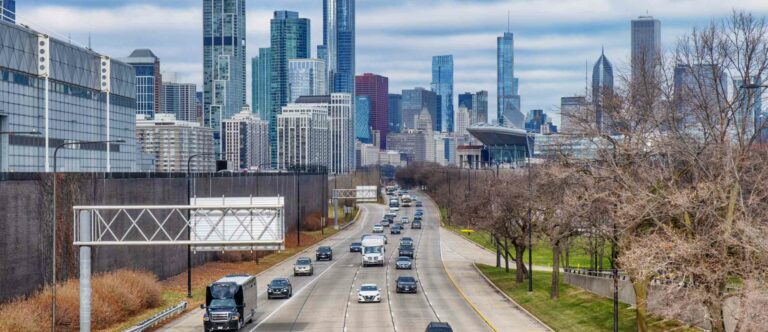A car hits you, and the driver speeds away. You’re left injured, confused, and unsure of what to do. A hit and run accident in Chicago can raise a lot of questions.
You might not know who was behind the wheel. You might wonder if anyone will pay for your medical bills or car repairs.
This guide explains what to do next and provides steps to protect your health, finances, and rights. Even if the other driver disappears, there are ways to move forward.
Stay Calm and Protect Yourself First
The first moments after a hit and run crash can feel chaotic. You may be injured. Your car may be blocking traffic. People may be asking you questions. It’s easy to panic, but what you do right now matters.
Focus on these priorities:
- Make sure you and your passengers are safe
- Move your car out of the road if it’s drivable
- Call 911 and ask for both police and medical help
- Do not chase the other driver
Trying to follow or find the driver can be dangerous. Let the police handle it. Your job is to stay put, get help, and take care of yourself.
If you’re hurt, don’t downplay it. Let the paramedics check you. Go to the ER if needed. Some injuries, like whiplash or internal damage, don’t show up right away. It’s better to be safe than sorry.
Report the Crash and Gather What You Can
Once you’re in a safe spot, start collecting any details that may help identify the other driver. Even if you didn’t get the license plate, there could still be helpful clues.
Write down:
- The make, model, and color of the other car
- Which direction it was heading
- Any damage you noticed on their car
- The time and exact location of the crash
Also look around. Were there any nearby cameras? Were there people who saw the crash? Get names and phone numbers for any witnesses. If you can, ask them to wait for police to arrive. Their statements can help build your case later.
Don’t forget to take photos of:
- Your injuries
- Your car’s damage
- Skid marks or debris on the road
- Traffic signs, lights, or crosswalks nearby
Police will file a report. Make sure you get the report number. This document will matter later for insurance claims or legal steps.
How Insurance Can Still Help
You may think a hit and run means you’re out of luck. That’s not always true. Even if the driver is never found, you may still be covered.
Here are three ways you may still be able to recover money:
Uninsured Motorist (UM) Coverage
If you carry UM insurance in Illinois, it covers you when the at-fault driver is unknown or uninsured. Hit and runs usually fall under this.
Collision Coverage
This helps pay for repairs to your car, no matter who caused the crash. You may need to pay a deductible, but it can still reduce your out-of-pocket costs.
MedPay or Health Insurance
Medical payments coverage (MedPay) can help with ER visits or follow-up care. Health insurance may also help cover injuries.
Make sure you report the crash to your insurer right away. Some policies have short time limits for hit and run claims.
Be honest and detailed, but don’t guess or exaggerate. Stick to facts.
If the driver is later found, you may also have a claim against their insurance. Until then, your own coverage could still make a difference.
Watch for Signs That You Need Legal Help
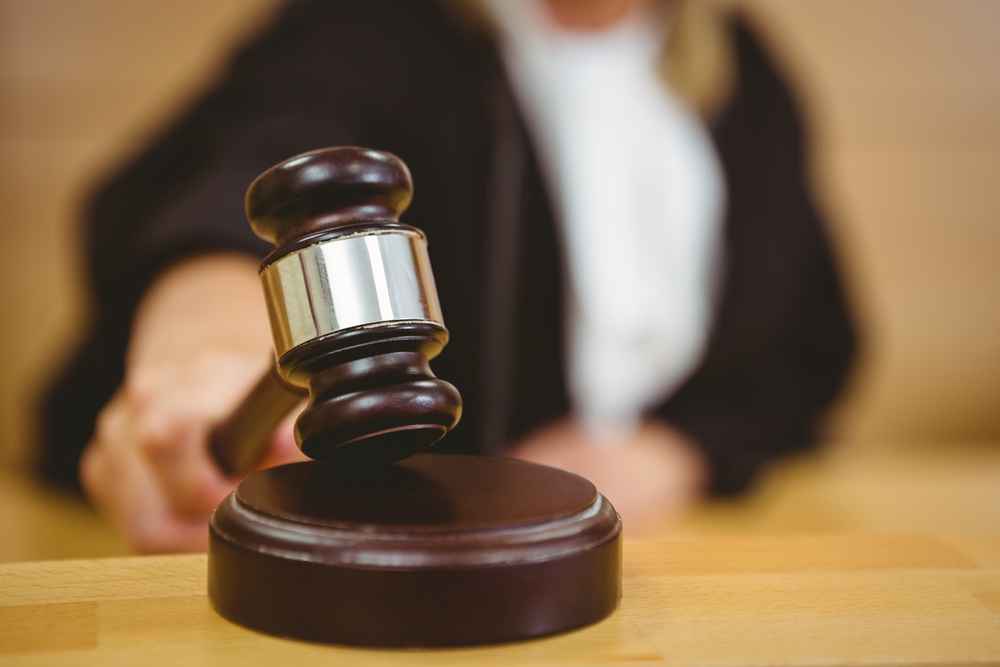
You don’t always need a lawyer after a car accident. But in some hit and run cases, legal help makes a big difference.
Here’s when to consider reaching out:
- You have injuries that require more than one doctor visit
- You’ve missed work or can’t do your job
- Your insurance company won’t return your calls
- The police haven’t found the other driver after several days
- You’re not sure who’s supposed to pay for what
Some cases get messy fast. A lawyer can help sort things out, gather evidence, and file the right paperwork. You don’t have to handle everything alone.
Keep in mind:
- You have 2 years from the date of the crash to file a personal injury claim in Illinois
- If the driver is never found, you may need to rely on UM coverage instead
- Insurers may offer low settlements or deny claims without enough proof
It’s okay not to have all the answers. But if your injuries are serious, don’t wait too long to ask for help.
Take These Steps While You Heal
A hit and run injury can turn your daily life upside down. Even small injuries can get in the way of walking, driving, or working. If you’re home recovering, you still have an active role in your case.
Build smart habits that protect your health and your claim:
- Go to All Appointments
Missing medical visits gives insurance adjusters a reason to deny your injury. Keep records of every visit and follow your treatment plan. - Track Your Symptoms
Use a notebook or phone app. Each day, write down how you feel, what activities hurt, and anything you’ve had to miss. - Save Every Receipt
Keep a folder with bills, prescriptions, and out-of-pocket costs. Even parking or over-the-counter items can be part of your claim.
Also remember:
- Tell your job if you need modified work or time off
- Ask your doctor for written notes if you have restrictions
- Avoid talking about your case or accident online
You don’t have to rush your recovery. But everything you document now will help show what you went through.
How the Police May Find the Driver
Many hit and run drivers are never caught. But in some cases, police do track them down. This often depends on how much information they can gather quickly.
Here are three tools they may use:
Traffic and Security Cameras
Intersections and businesses often have cameras. Police may review this footage to find the car’s plate or direction.
Witness Statements
Eyewitnesses can offer key details. Sometimes, they remember part of the license plate or a bumper sticker. That may help narrow the search.
Body Shops and Insurance Reports
Drivers who flee often try to fix damage fast. Police may check with repair shops or track down drivers who file claims for similar damage.
If the driver is found, you may be able to file a lawsuit. That means more options for compensation, especially if the person has auto insurance. Still, even without that, your case may be strong with the right proof and a solid claim through your own insurer.
You Can Still File a Claim Without Knowing the Driver
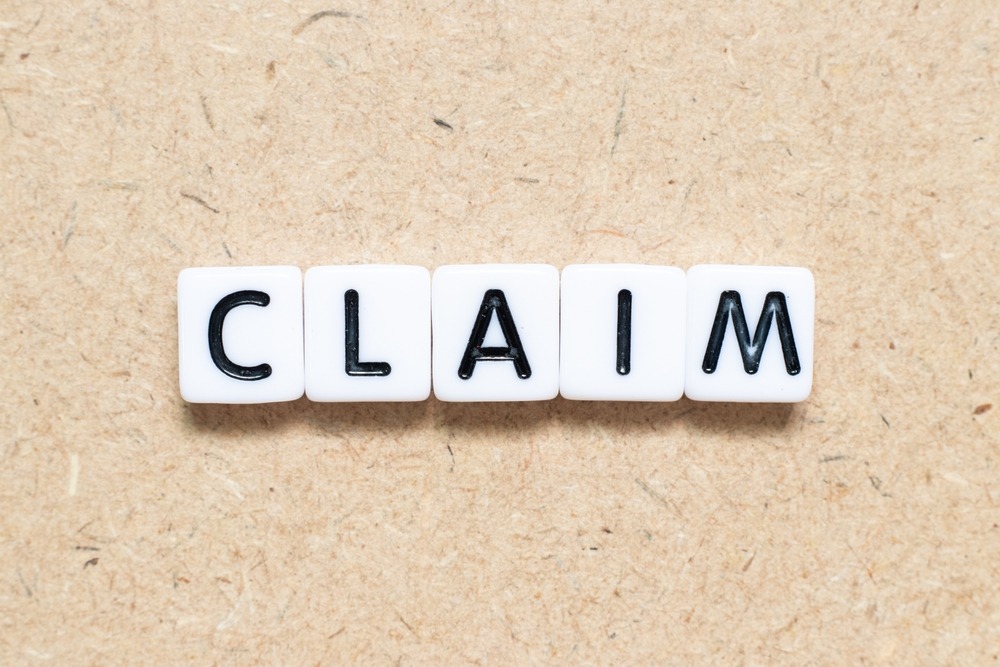
Many people worry they can’t get help unless the driver is identified. That’s not true. You can file a hit and run claim using your own insurance.
To do this, you’ll need:
- A police report that confirms the crash and lack of info about the other car
- Proof that you were injured or your car was damaged
- Medical records, photos, and receipts
UM claims are treated like claims against another driver, but they go through your insurance. The company will still investigate. They may still try to pay as little as possible.
That’s one reason many people get legal help with UM claims. It’s not just about fault. It’s about showing the cost of what happened to you.
Don’t delay. Most UM policies require notice “as soon as possible.” Waiting too long can hurt your chances.
What You Should Avoid After a Hit and Run
What you don’t do can be just as important as what you do. Some actions hurt your case, even if they seem small. Avoid these common mistakes:
- Leaving the scene without calling the police
- Fixing your car before taking photos
- Giving a recorded statement to insurance without knowing your rights
- Accepting quick money from your insurer without checking what you’re owed
- Throwing away bills, receipts, or medical records
Take time to think things through. You’re allowed to ask questions. You’re allowed to wait until you feel ready. The wrong move can lower your claim by hundreds or thousands of dollars. You don’t have to rush.
Can I File a Claim if the Hit and Run Happened in a Rental Car or a Borrowed Vehicle?
Not everyone is in their own car when a crash happens. You might be using a rental while yours is in the shop. Maybe you borrowed a family member’s car for the day. A hit and run in this situation can feel confusing. People often ask the same question: who pays?
It depends on a few things. But you can still file a claim in most cases, even if the car isn’t yours.
Here’s what matters:
- Whose name is on the insurance policy?
If you were listed as a driver or had permission to use the car, the policy usually still applies. - Does the rental include insurance?
Many rentals come with optional coverage. You may also have protection through your personal auto policy or credit card benefits. - What type of claim are you filing?
If you were injured, your personal injury protection or UM (uninsured motorist) coverage may still apply, even if the car wasn’t yours.
Three scenarios people often ask about:
- I Was Driving a Friend’s Car
You can usually use their insurance to cover the damage, especially if you had permission. Your own coverage may help with injuries if theirs isn’t enough. - I Was in a Rental Car from the Airport
Rental coverage varies. Some policies exclude hit and runs unless you bought extra protection. Your personal auto insurance may fill the gap if you didn’t. - I Was Driving for Work in a Company Vehicle
Depending on how the crash happened, this may involve both your employer’s auto policy and workers’ comp.
If you’re unsure which insurance applies, you don’t have to guess. Claims involving borrowed or rented vehicles can be more complex, but you still have rights.
Collect the same evidence, file a police report, and keep all documents from the rental company or vehicle owner. These steps help protect your ability to recover costs later.
Frequently Asked Questions About Hit and Run Accidents in Chicago
What if I was a pedestrian or cyclist hit by a car that fled?
You can still file a claim. Uninsured motorist coverage can apply even if you weren’t in a vehicle, as long as the car that hit you was at fault.
Can I get money for pain and missed work?
Yes. If your injuries affect your daily life, you can request compensation for both physical pain and lost income. Medical records and job records help show this.
Will my insurance rates go up if I file a UM claim?
Not necessarily. Illinois law often protects drivers from rate hikes for accidents they didn’t cause. But it depends on your policy.
How much money can I get?
It depends on your injuries, costs, and policy limits. Each case is different. Larger injuries usually mean more compensation, especially when they require long-term care.
Do I have to sue someone to get help?
No. Many hit and run victims settle through insurance claims. Lawsuits happen if the insurer refuses to pay fairly or if the driver is later identified.
Talk With Someone Who Can Help
Getting hit by a driver who disappears can leave you feeling stuck. But you’re not out of options. There are ways to get care, pay for repairs, and hold someone accountable.
An experienced hit and run accident attorney can review your case, answer your questions, and deal with insurance companies for you. You don’t need to know everything right now. You need someone to guide you forward.
If you were hurt in a hit and run accident in Chicago, call Walner Law at (312) 410-8496. The call is free, and there’s no pressure. It’s your chance to get answers and take your next step.


 Skip to content
Skip to content

